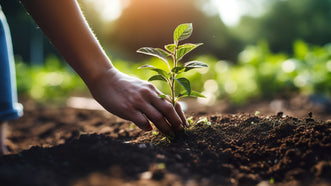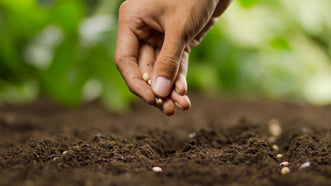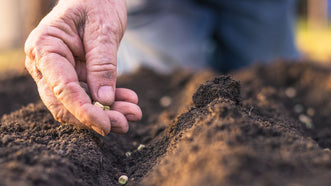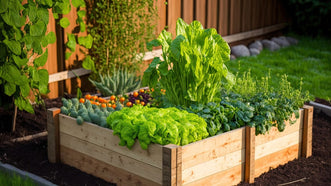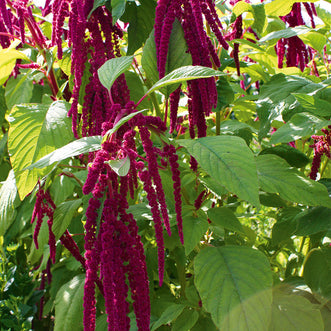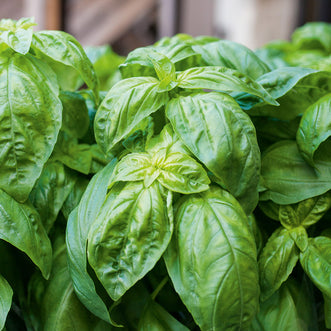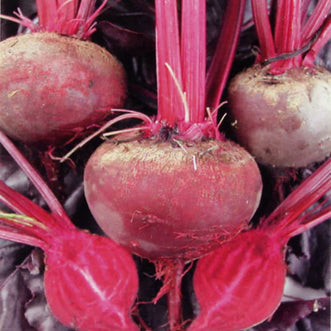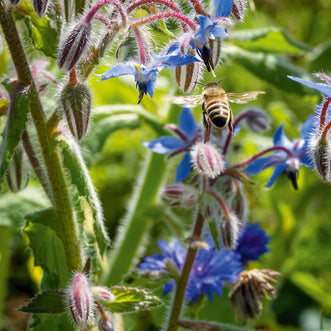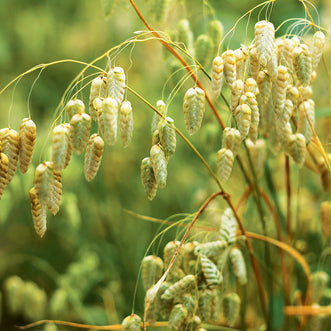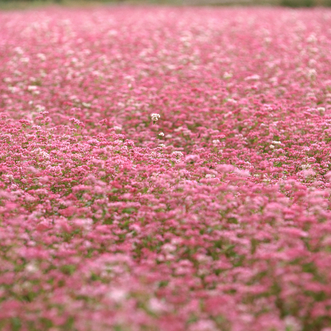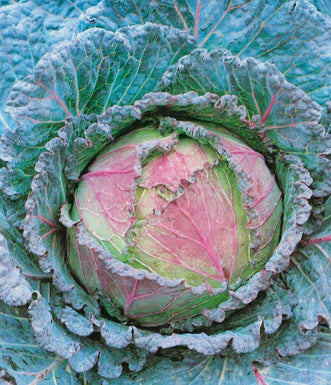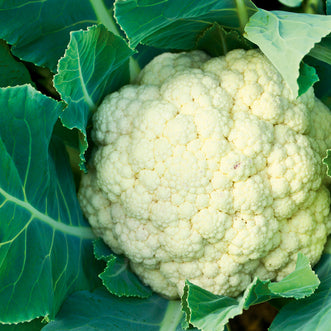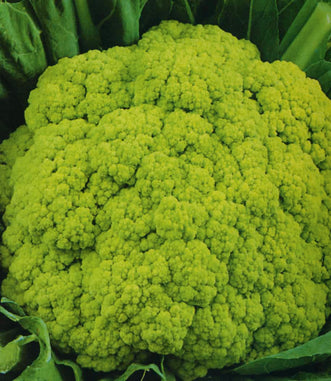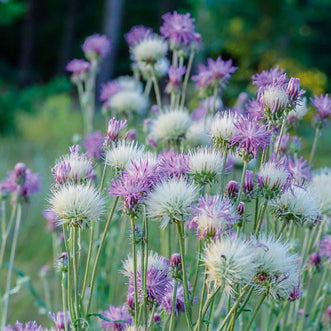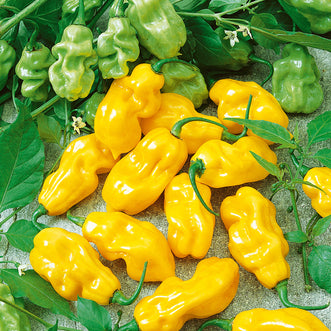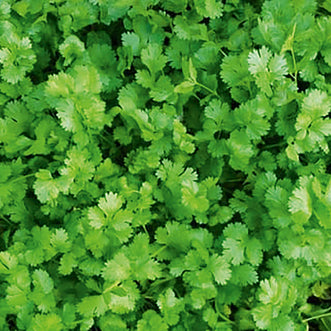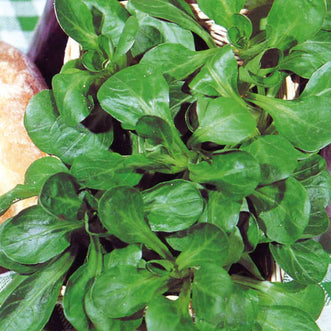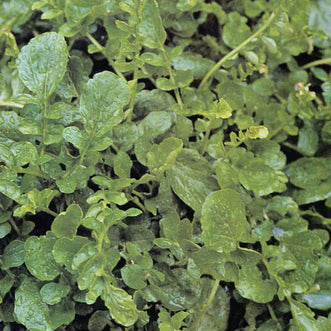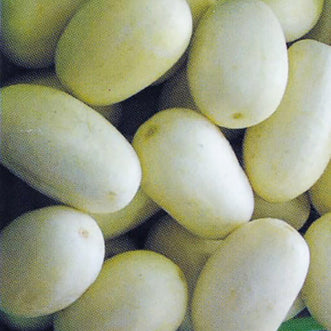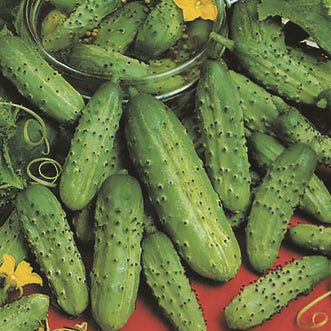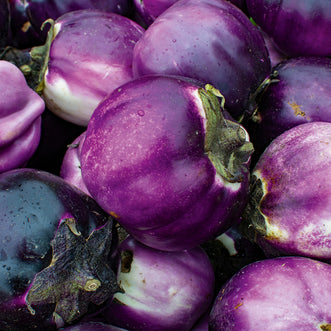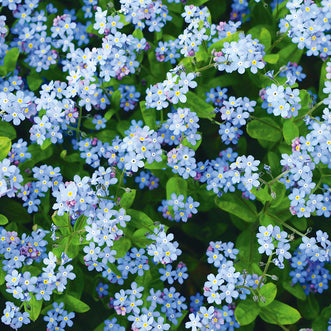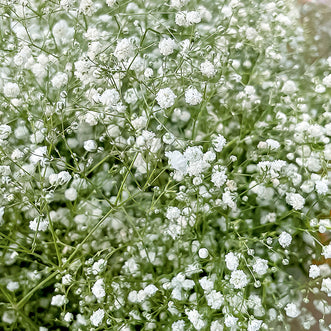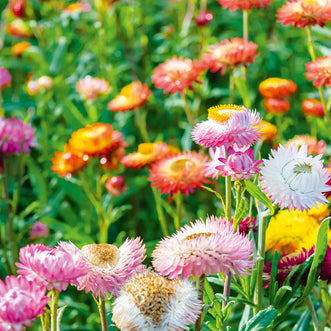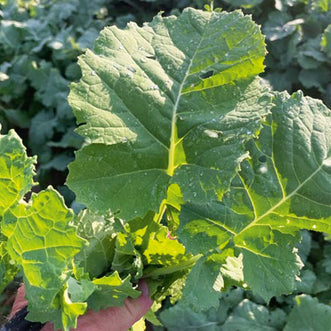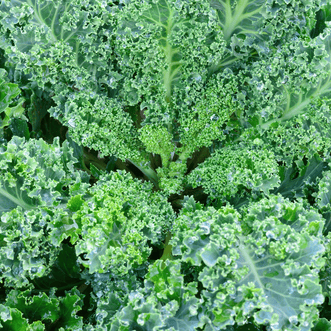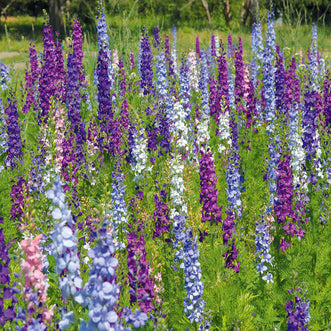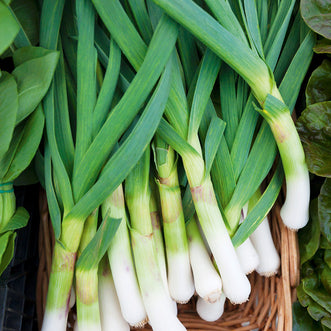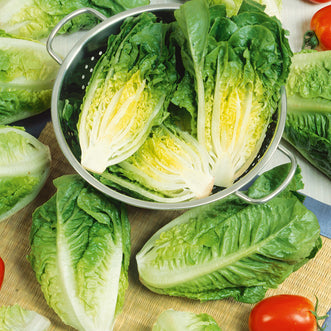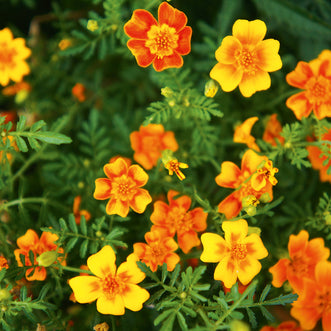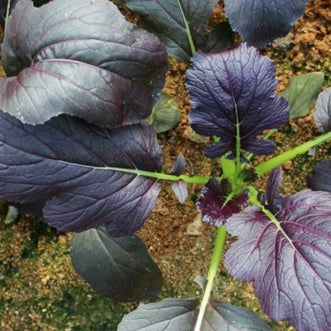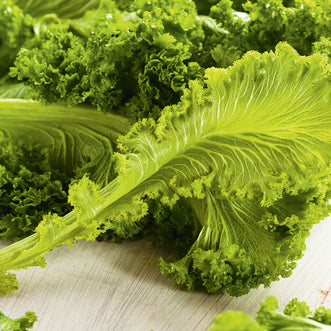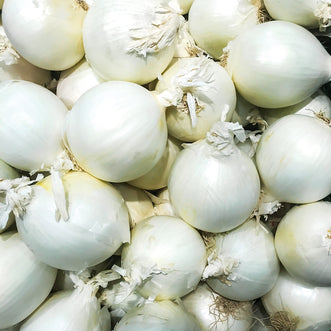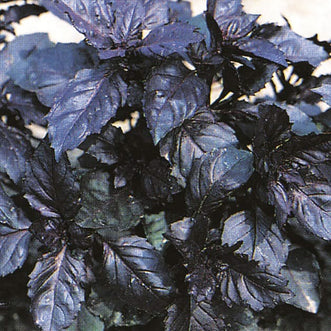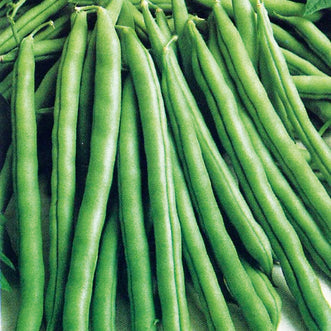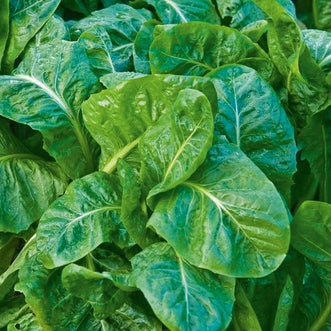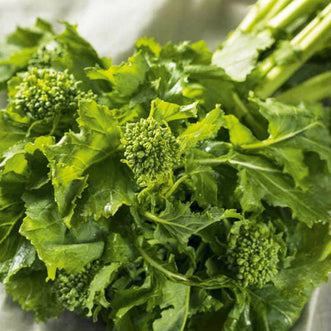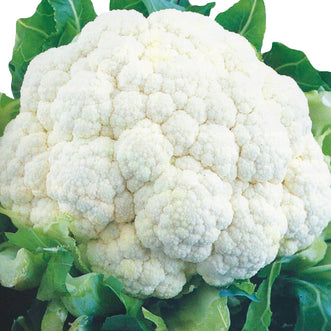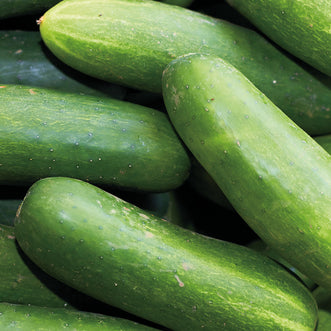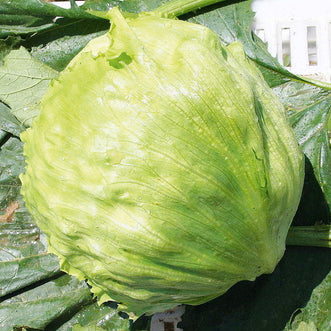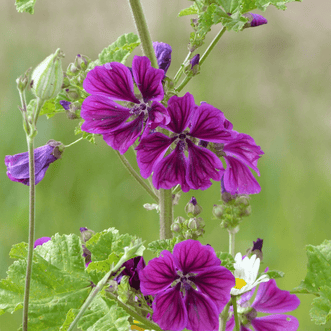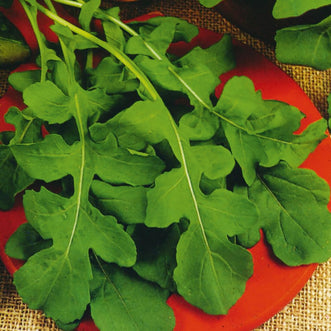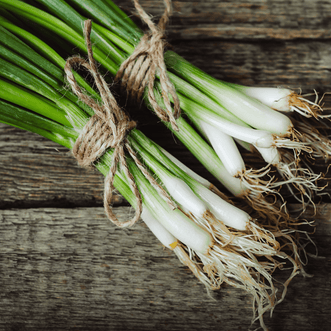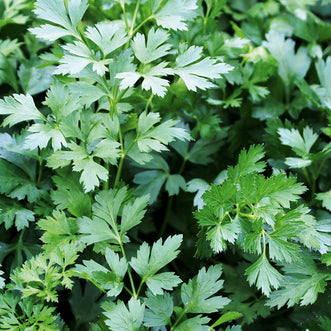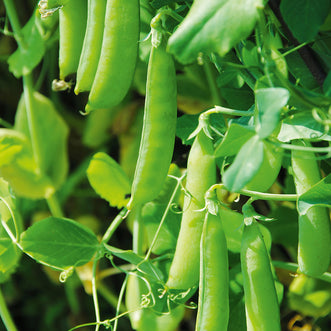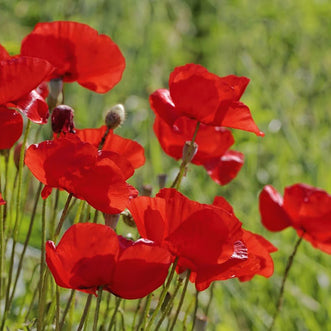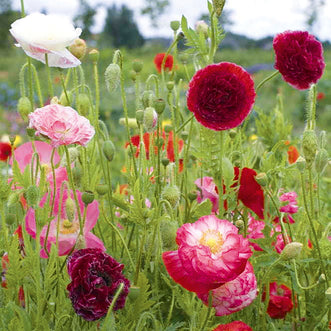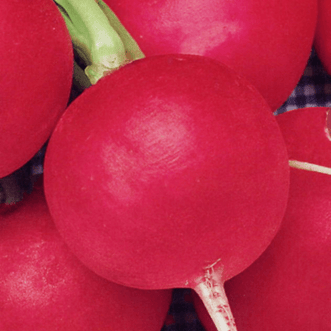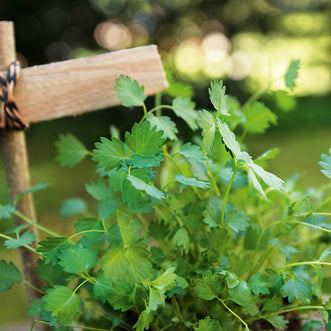Seed Sowing Instructions
Five handy tips to ensure better success with your seed….
With so many variables at play when growing from seed, results can vary. Here are five general tips that we have used for years and found to be quite helpful in getting better success and return from your seed.
1. Always use a good quality seed raising mix.
Seed raising mix helps the germination process so it is important to use a fresh batch of a good brand that contains a balance of the following :• Pumice for good drainage
• Peat or bark to hold moisture
• Beneficial fungi such as trichoderma to help prevent soil borne diseases
• pH within 6-6.5 range with a quality NPK fertilizer
2. Never sow seeds too deeply.
One reason why many seeds don’t germinate is because they are buried way too deep. A general rule is to leave very fine seed uncovered pressing firmly into the surface only; fine seed should be just covered and larger seed should be sown no deeper than twice its diameter.3. Maintain even moisture levels during germination.
Seeds that have been allowed to dry out or that have become waterlogged are not going to do that well! Try to keep a good moisture balance with your seed as this will maximise the chances of successful germination and avoid disease problems such as damping off.4. Watch out for low light levels and low night temperatures.
Sow seeds in a covered tray and place in an area where they will get a decent amount of sunlight and also protection from cold night temperatures. For example under the eaves of your house or in a greenhouse if you have one.5. Most seeds need warmth to germinate.
A lot of seeds need regular warmth to help them germinate – without it they won’t! The best way to do this is to plant at the right time. By planting in season when the seed is happy to germinate you are increasing your chances of success. If a constant high temperature is required this can best be achieved by using an electrical heat pad. Be aware also that some seed requires a cold period of stratification to break dormancy.Why good seeds fail to grow:
• Seeds sown too deeply• Soil not firmed around seeds
• Soil temperature too low or too high
• Over-watering
• Pre-emergent damping off (common soil-borne fungal) disease
• Contaminated soil
• Garden pests such as slugs, snails, cats and ants
Simple Tip for eggplants, peppers/chillies, tomatoes and other heat-lovers:
Put seed raising mix in an ice cream container, sow your seed and moisten. Cover the container in plastic food wrap and then place in the hot water cupboard. Voila! Your very own hot house and a tried and true way to get heat loving seeds germinating!Seed Storage Tip:
Always store your seed in an airtight container in a cool (not cold), dark and dry place. Why?It promotes long term shelf life. For example you may buy the seed this season and only use half the packet – but want to grow it again next season. To ensure that it will germinate you need to make sure that you store the seed well. If done correctly some seed can last for years and years. Viable lily and oat seed was found in Tutankhamun’s tomb!!
Back to Top

